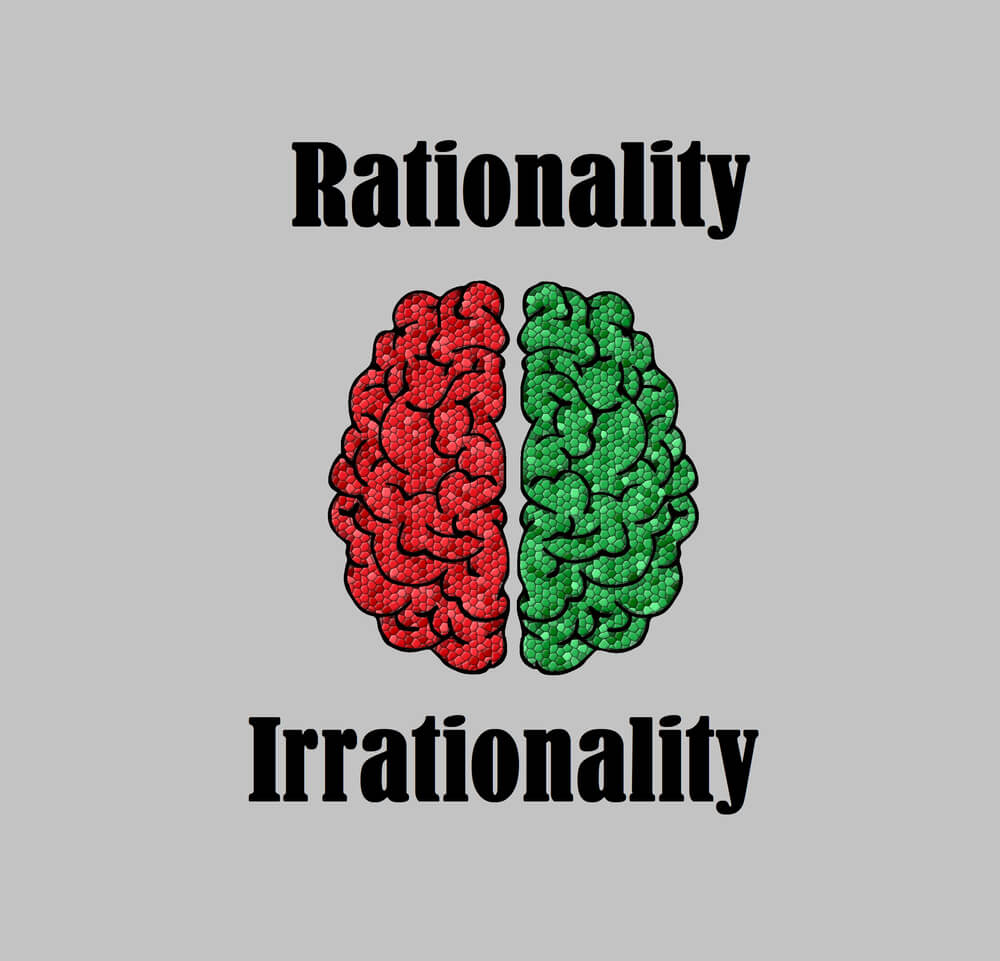From social anxiety disorders to violence in interpersonal relationships or post-traumatic stress, socratic dialogue about irrational thoughts and their modification is established as a clear goal in most consultations in the field of psychology.
Cognitive restructuring is one of the techniques employed by the antonymps of any psychological treatment, even seems to have crossed the marked boundaries of different models and psychological currents, always in conflict to discover what is the most legitimate, the most useful, the most effective.
- In cognitive restructuring.
- Which can be implemented from the evaluation itself and be useful until the end of therapy.
- The goal is to detect the irrational thoughts of the individual.
From this identification, the goal is to generate alternative thoughts about the same idea, and more relevantly, that the person be able to see the impact of these irrational thoughts on his mood, subsequent cognitions and behaviors. .
As cognitive restructuring progresses, it is understood that the individual will be able to detect their own irrational thoughts and form much more appropriate substitute thoughts.
However, when they develop these more appropriate thoughts, people are often confused when they propose positive thoughts rather than rational thoughts.
Irrational thinking is defined as a thought that provokes very unpleasant emotional responses, which can range from anger to bitterness or terror, are lasting and are based on absolutist terms (using adverbs like never before or always).
This type of thinking is associated with what a person needs to be happy, or what they should be, do or have to be happy, that is, it is linked to self-imposed demands. In addition, these are often irrefutable or verifiable thoughts.
On the other hand, rational thoughts seem verifiable and generate emotions of much less intensity (rather than anger, discontent; rather than bitterness, resignation; rather than terror, fear).
It is important to emphasize that anger is not replaced by joy, bitterness by satisfaction or terror by courage, rational thinking must be realistic and coherent, and raising it in overly positive terms can also turn it into irrational thinking.
Moreover, if the individual in session understands alternative and rational thoughts as positive thoughts, he will almost certainly not be able to propose such thoughts. A reduced mood and a negative-focused view will make this task extremely exhausting.
Imagine, for example, a 40-year-old woman named Patricia who lost her job at a bank. The irrational thoughts that can overwhelm Patricia are: “I’ll never find a job again,” “I’m worthless,” “I should have worked harder. “
As we have seen above, it is possible to observe, among other aspects, absolutist terms without demonstrable empirical basis, interpreted as needs or duties.
With practice, Patracia can, in this same situation, form rational thoughts much more adapted to the situation, such as: “I do not know if I will find a job, but I will do everything I can to achieve it. “So I’m a useless person, I’ve just been fired and it has nothing to do with my worth as a person, could I have worked longer hours, but I don’t even know if that influenced my dismissal?
On this occasion, one does not observe absolute terms, conclusions precipitated by inferences or derogatory judgments of oneself from an external event.
Patricia may also not know how to replace these irrational thoughts in an appropriate way, or that the explanation or counsel given to her is not appropriate.
In these circumstances, you may believe that the alternative to irrational thoughts is: “Tomorrow I will find a job and earn the same salary as in the bank?”, “I am the best employee and my skills are far superior to those of others”, “I am sure that working more hours has nothing to do with my dismissal, and it only happened because my boss did not like me?”
Contrary to what we hear in popular culture, thinking positively does not mean that everything will go as we want, so there are traps in this kind of thinking.
Authors such as Barbara Ehrenreich and Derren Brown talk about the harmful part of extremely positive and systematic thinking, because it hides mistakes that can become inappropriate and unrealistic ideas, which are again based on attributions and inferences without empirical validity.
Consistent judgments are essential, irrational thoughts can be negative and the vast majority of them are negative, but they can also be positive.
While negatives can lead to intense emotional responses, positives can also generate intense emotional expressions by not being satisfied or by generating abusive expectations because they are not based on accurate facts and information and because they are expressed in absolute terms.
It is also relevant that, in the session, special attention be paid to the conception of the individual, and that the individual understands the parameters from which rational thought is built.
To do this, it is recommended, first, to practice in session with examples or metaphors, and then to work on the irrational thoughts of the person.
Therefore, we insist on prior training so that, when it comes to automating the proposal of alternative thoughts in everyday life, we are sure that it is carried out in the most practical, effective and useful way for the person.

